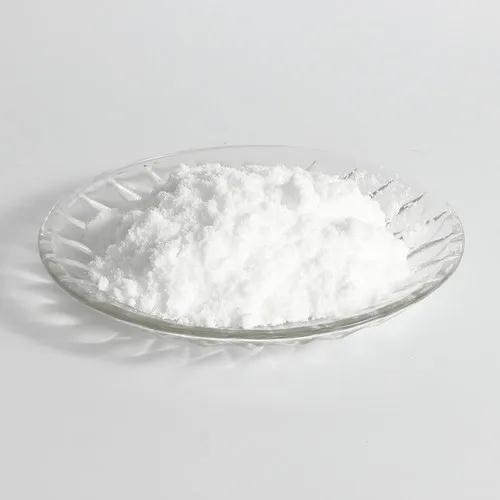Physical and chemical properties: sodium silicate is commonly known as paucine, is a water-soluble silicate, its aqueous solution is commonly known as water glass, is a mineral binder. Its chemical formula is R2O·nSiO2, where R2O is the alkali metal oxide, and n is the ratio of the mole number of silicon dioxide to the alkali metal oxide, which is called the mole number of water glass. Water glass commonly used in construction is an aqueous solution of sodium silicate (Na2O·nSiO2). The proportion of silica sand and alkali, that is, the molar ratio of SiO2 and Na2O, determines the modulus n of sodium silicate, the modulus shows the composition of sodium silicate, and the modulus is an important parameter of sodium silicate, generally between 1.5 and 3.5. The greater the modulus, the more difficult it is to dissolve solid sodium silicate in water, n is 1 often warm water can be dissolved, n is increased by hot water to dissolve, n is greater than 3 requires more than 4 atmospheres of steam to dissolve. The greater the modulus of sodium silicate, the more the content of silicon oxide, the higher the viscosity of sodium silicate, the easier to decompose and harden, and the greater the bonding force, so the sodium silicate with different modulus has different uses. Widely used in ordinary casting, precision casting, paper making, ceramics, clay, mineral processing, kaolin, washing and many other fields.
The use of sodium silicate is very extensive, almost throughout the various departments of the national economy. In the chemical system, it is used to make silica gel, white carbon black, zeolite molecular sieve, sodium metasilicate pentahydrate, silica sol, layer silicon and instant powdered sodium silicate, potassium sodium silicate and other silicate products, which is the basic raw material of silicon compounds. In economically developed countries, the deep-processing series of products with sodium silicate as raw materials has been developed to more than 50 kinds, some of which have been applied in high, fine and advanced scientific and technological fields; In light industry, it is an indispensable raw material in washing powder, soap and other detergents, and it is also a water softener and a settling aid. Used in the textile industry for Chemicalbook dyeing, bleaching and sizing; In the machinery industry, it is widely used in casting, grinding wheel manufacturing and metal preservatives. In the construction industry, it is used to manufacture quick-drying cement, acid-resistant cement waterproof oil, soil curing agent, refractory materials, etc. In agriculture, silicon fertilizer can be produced; In addition, it is used as a silicon and aluminum catalyst for petroleum catalytic cracking, filler for soap, adhesive for corrugated paper, laboratory crucible and other high temperature resistant materials, metal preservatives, water softener, detergent additives, refractory materials and ceramic raw materials, textile bleaching, dyeing and slurry, mining mineral processing, waterproof, plugging, wood fire prevention, food anticorrosion and adhesives.
